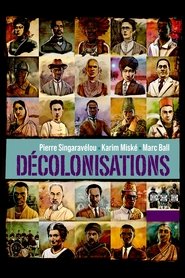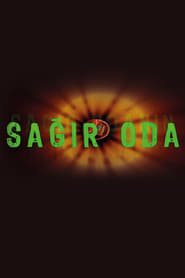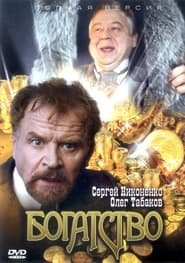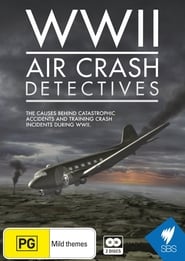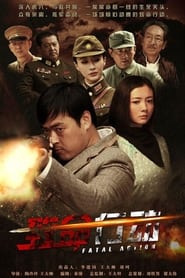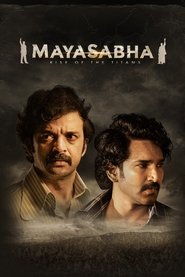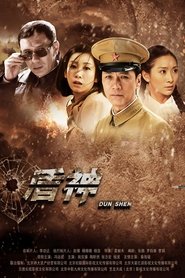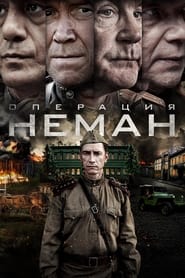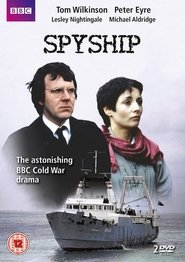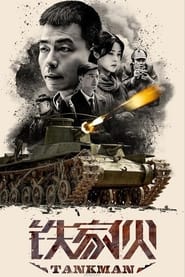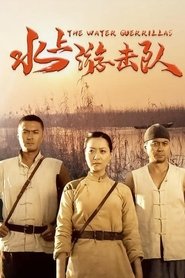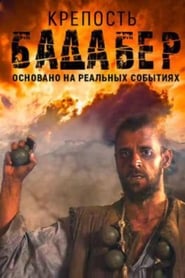War Politics TV Series - Page 59
-
Decolonisation
2020
Decolonisation
2020
star 8.8The history of decolonization from the point of view of colonized peoples, an epic story that still resonates and reverberates to this day. -
Sağır Oda
2006
Sağır Oda
2006
-
Britain's Forgotten Wars With Tony Robinson
2021
Tony Robinson explores the forgotten conflicts he lived through: The Suez Crisis, The Bosnian War, The Gulf War, The Korean War, The Malayan Emergency and The Mau Mau Uprising in Kenya. -
The Spectacular
2022
The Spectacular
2022
star 5.3In the late 1980s, a Dutch anti-terrorism detective sets out to take down an IRA cell ruthlessly targeting English military personnel on leave in the south of the Netherlands. -
兄弟英雄
2011
兄弟英雄
2011
-
Богатство
2004
-
WWII Air Crash Detectives
2014
star 2.5Garth Barnard has a lifelong passion and unshakeable resolve to investigate how thousands of young Airmen from the Second World War died in catastrophic air accidents and training crashes. -
致命行动
2015
致命行动
2015
-
Mayasabha
2025
Mayasabha
2025
star 8Mayasabha is a period political drama set in Mid 70s Andhra Pradesh. Krishnama Naidu, an idealistic student leader and a charismatic MS Rami Reddy wade into the world of Andhra politics. As they turn thick friends, they strive to use politics as a means to achieve public good. But caste fault lines erupt, loyalties are tested and their bond is pushed to the brink. Will their friendship sustain the brutal ascent of power where there is place for only one at the summit? -
The First War for Western Civilization
2016
The Greco-Persian War was pivotal in the creation of the modern world - yet all that is generally remembered are the 300 Spartans at Thermopylae. This documentary examines the whole history, from the Ionian Revolt (497BC) to the Peace of Callias (449BC), and also covers the legacies of the war - including Democracy. -
盾神
2014
盾神
2014
-
决战黎明
2009
决战黎明
2009
-
Pandora's Bell
2022
Pandora's Bell
2022
Stageplay "Pandora's Bell (パンドラの鐘) " by director Kunio Sugihara. Live stream available on streaming service WOWOW. -
Povstalecká história
1984
Povstalecká história
1984
-
Operation Neman
2023
Operation Neman
2023
star 7.7The operational search group of the Front Counterintelligence Directorate under the leadership of Captain Alyokhin is looking for a sabotage group codenamed "Neman". The group of saboteurs is headed by a German agent Mishchenko, who is well known to Alekhine, whose task is to collect intelligence necessary for the German command to determine the direction of the main attack of the Soviet army. Alekhine and his group, in the course of a wide search, work out one version after another, but each time Mishchenko manages to get away. -
Spyship
1983
Spyship
1983
star 7When an ordinary British fishing vessel and its 36-man crew mysteriously disappears off the coast of Norway, journalist Martin Taylor is determined to find out why. -
Tank Man
2019
Tank Man
2019
-
水上游击队
2011
水上游击队
2011
